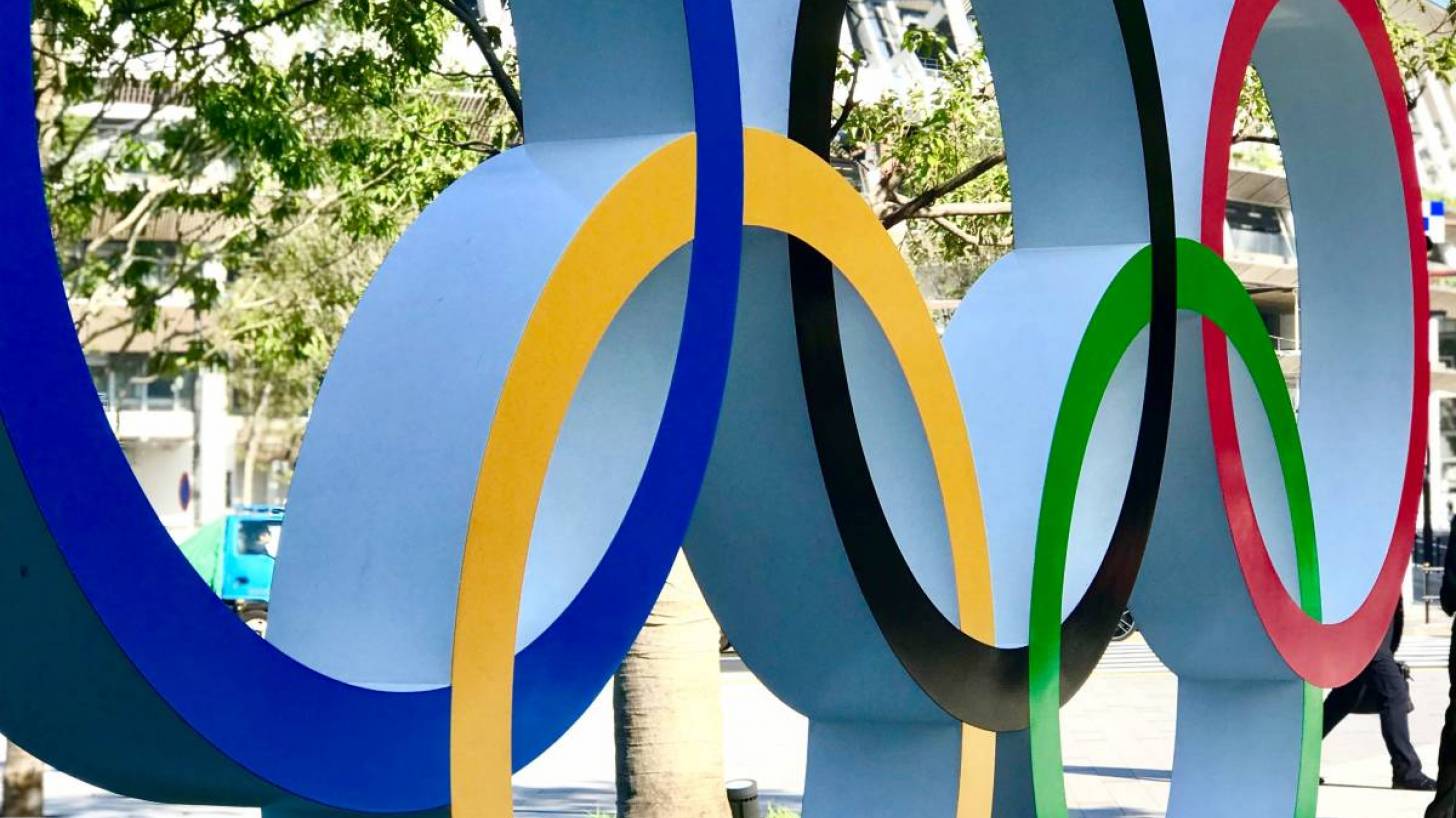Attending Japan’s Olympic and Paralympic Games Comes With Risks

The British Medical Journal (BMJ) published an editorial on April 14, 2021, highlighting the health risks related to the 2020 Olympics rescheduled in Japan in late July 2021.
Excerpts from this BMJ article are included below:
‘In February 2021, the G7 leaders confirmed their support of Japan’s commitment to holding the Olympics and Paralympics in Tokyo (Tokyo 2020) “safely and securely… as a symbol of global unity in overcoming covid-19.’
While the determination is encouraging, there has been a lack of transparency about the benefits and risks of an international mass gathering event such as Tokyo 2020.
The world is still in the middle of the COVID-19 pandemic. SARS-CoV-2 variants are an international concern, causing a resurgence of covid-19 globally.
We must accelerate efforts towards ending the pandemic by maintaining public health and social measures, promoting behavior change, disseminating vaccines widely, and strengthening health systems.
Substantial scientific advancements have occurred over the past year, but vaccine rollout has been inequitable, reducing access in many low and middle-income countries. Huge uncertainty remains about the trajectory of the pandemic.
Although a unique scheme for vaccinating athletes—marshaled by the International Olympic Committee—may help save lives. It could also undermine global solidarity and promote vaccine nationalism. Full transparency and clear lines of accountability are critical in any scheme to vaccinate athletes.
Unlike other countries in the Asia-Pacific region, Japan has not yet contained covid-19 transmission.
The second state of emergency in the Greater Tokyo area was lifted in late March 2021, despite early indications of a resurgence and an increase in covid-19 patients with variants of concern, which have now spread across Japan.
To adequately protect athletes from COVID-19, Japan must develop and implement a clear strategy to eliminate community transmission within its borders, as Australia did before the Australian Open tennis tournament in 2021.
Waiving quarantine for incoming athletes, officials, broadcasters, press, and marketing partners risks importing and spreading COVID-19 variants of concern.
While international spectators will be excluded from the games, cases could rise across Japan and be exported globally because of increased domestic travel.
Plans to hold the Olympic and Paralympic Games this summer must be reconsidered as a matter of urgency. The whole global community recognizes the need to contain the pandemic and save lives.
Holding Tokyo 2020 for domestic political and economic purposes— ignoring scientific and moral imperatives—contradicts Japan’s commitment to global health and human security.
We must reconsider this summer’s games and instead collaborate internationally to agree on a set of global and domestic conditions under which international multisport events can be held in the years ahead.
These conditions must embody both Olympic and Paralympic values and adhere to international principles of public health,’ concluded this editorial. The views expressed in this editorial are those of the authors.
As of April 2, 2021, the U.S. CDC issued a Level 2 Travel Alert saying ‘travelers at increased risk for severe illness from COVID-19 should avoid all nonessential travel to Japan. If you travel to Japan, get fully vaccinated before travel.’
The CDC recently issued a news Level 4 Travel Alert on April 12th, recommending that all people avoid travel on cruise ships, including river cruises, worldwide.
The CDC suggests prospective visitors to Japan speak with a healthcare provider regarding travel vaccines about one month before departure. And use the CDC’s Healthy Travel Packing List for Japan.
Vax-Before-Travel publishes research-based travel vaccine news.
Our Trust Standards: Medical Advisory Committee

























